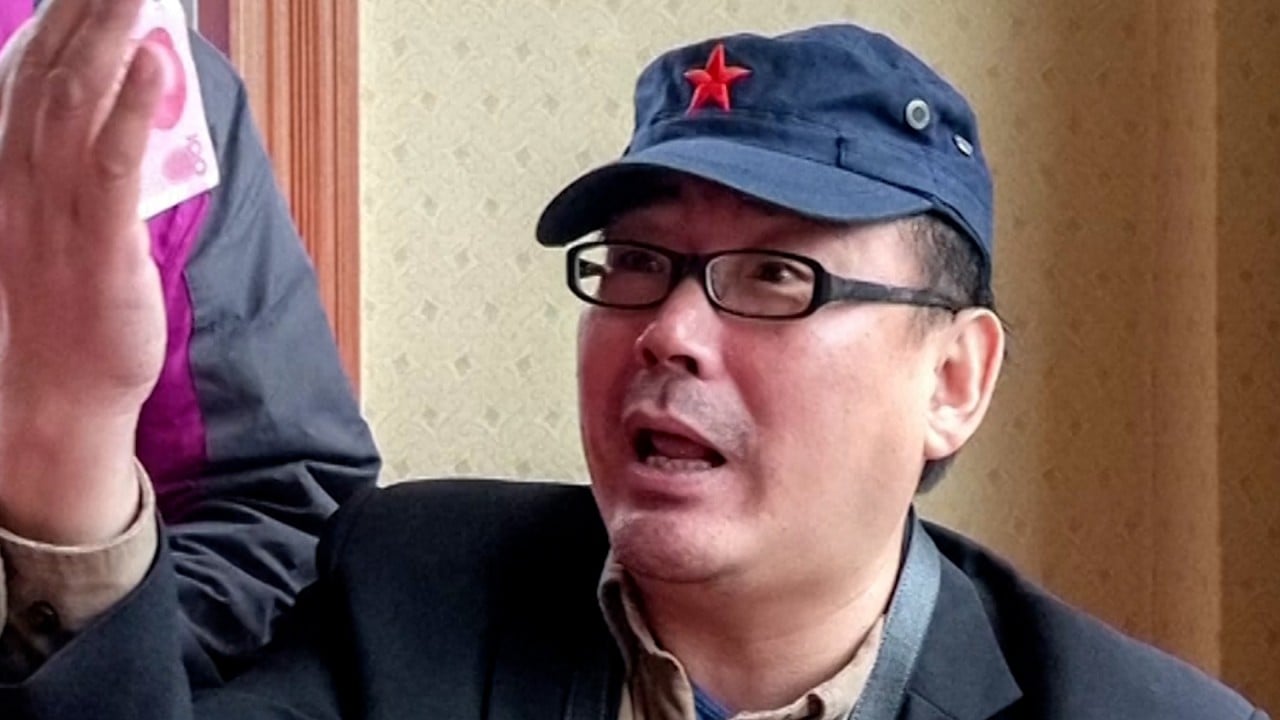Out of the 2,028 Australian adults polled by the Lowy Institute, 17 per cent trusted China “somewhat” or “a great deal” to act responsibly in the world. This is an increase from a record low of 12 per cent in 2022, but remains a long way from pre-pandemic levels, when one in two Australians trusted China.
For the fourth year in a row, Japan topped the list of global powers Australians trusted most, followed by France, Britain and the United States. Australians’ trust in China ranked just above Russia.
Twelve per cent of Australians said they were confident in Chinese President Xi Jinping to “do the right thing regarding world affairs”, ranking him ahead of the Russian and North Korean leaders. Canadian Prime Minister Justin Trudeau was the most trusted leader of a major power, earning the confidence of 65 per cent of respondents, followed by Japan’s Fumio Kishida and France’s Emmanuel Macron.
The think tank collected responses over two weeks in March and published the annual report on Sunday.
Half of the respondents said Australia should place more importance on a stable relationship with China, and close to half described the state of the bilateral relationship as “quite bad”, slightly outnumbering those who said it was “quite good”.
Slightly more than half of Australians view China as more of a security threat than an economic partner. In 2020, 55 per cent of Australians saw China more as an economic partner.
China and Russia’s foreign policies were also seen as “possible threats” to Australia’s vital interests in the next decade, the poll showed.
Acquiring nuclear-powered submarines – a move within the Aukus security partnership between Australia, Britain and the US – continued to receive strong support from Australians, though falling five percentage points to 65 per cent over two years. One-third of Australians said they were “somewhat against” or “strongly against” it.
While Washington has sought to increase its clout through Aukus and its Indo-Pacific strategy, only a quarter of Australians said the US was the most influential power in the Pacific Islands, falling behind both China and Australia.


